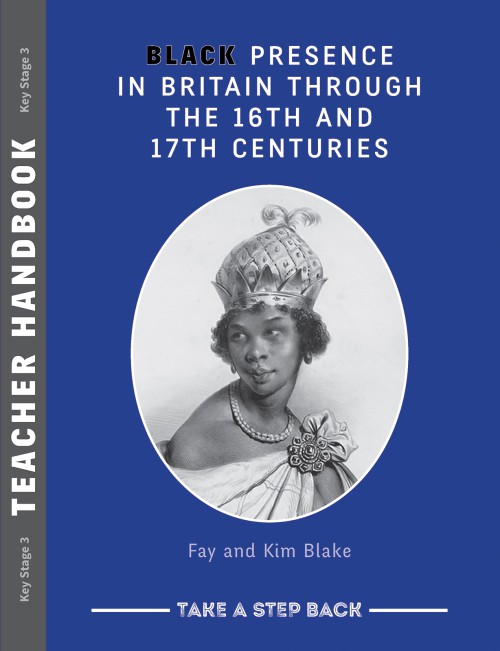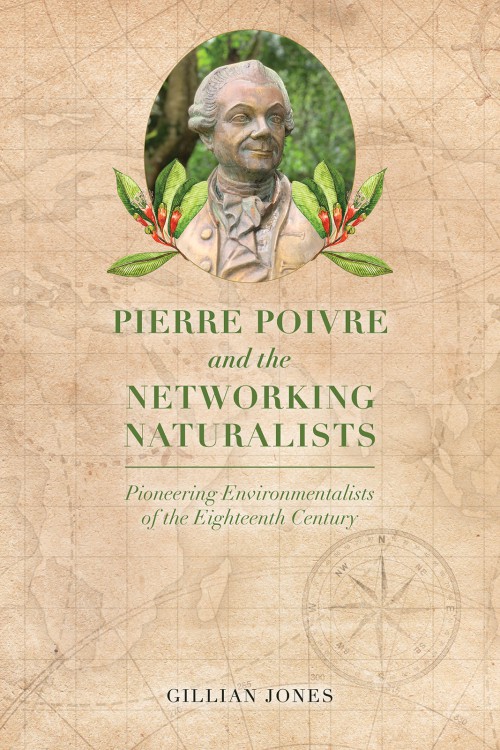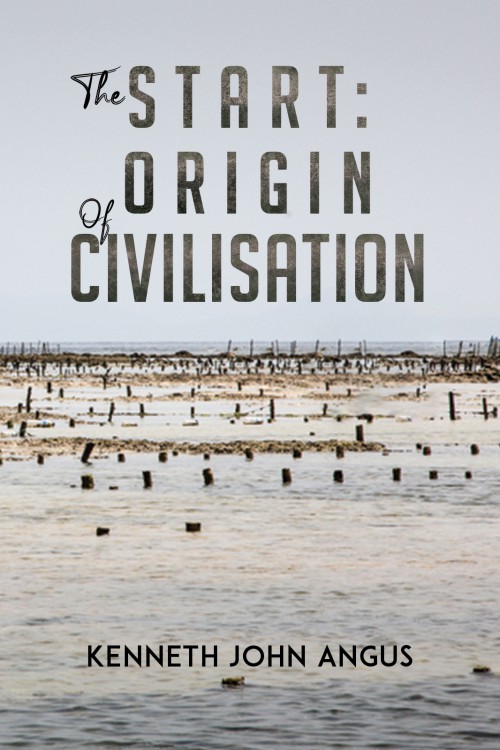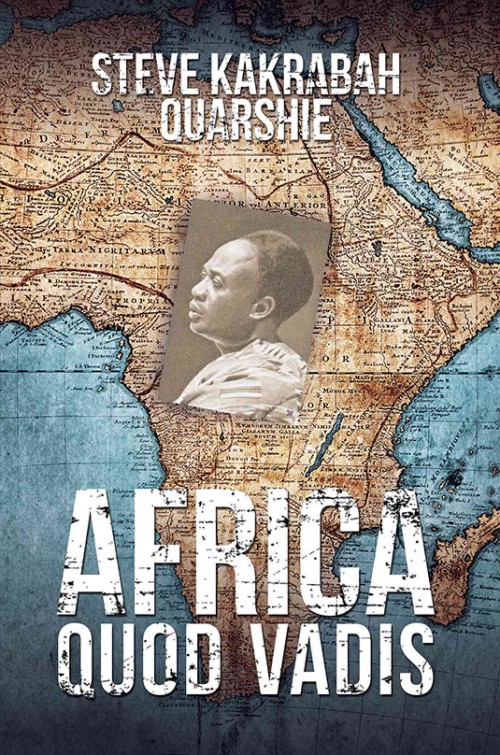-
Black Presence in Britain Through the 16th and 17th Centuries - Teacher Handbook
A black population existed in Britain long before the Windrush generation arrived in 1948. As early as the 16th century, there were evidences of black people in the royal courts of England and Scotland. Britain’s active involvement in the ‘Triangular’ slave trade saw a growth in the number of black people. Did you know that Queen Elizabeth I, alarmed at the growing black population, attempted to expel them? Find out what she did and how this impacted the lives of black people in her realm.
Discover how the increasing numbers of enslaved Africans survived during the 17th century, and how they resisted slavery. For example, do you know the name of the person on the front cover? Learn about her resistance against slavery and the resistance of other Africans in England and the British colonies.
£3.50 -
Pierre Poivre and the Networking Naturalists
Although climate change is seen as a very 21st-century concern, back in the eighteenth and early nineteenth century naturalists around the world in places as far apart as Mauritius in the Indian ocean and St Vincent in the Caribbean were becoming aware of what they referred to as desiccation, the drying of the land and absence of rainfall due to the cutting down of large swathes of forest trees.
This book traces the connections between those naturalists, scientists and men of letters to reveal the surprising truths that they discovered and which must inspire us to follow the trail they blazed.£3.50 -
The Start: Origin of Civilisation
Questions have always been raised about the origins of the world’s first civilisation and why they chose such an inhospitable land to start their quest. The people looked and sounded different from the surrounding clans and seemed to appear from nowhere. They didn’t just survive, they prospered and built cities with advanced methods of agriculture not even attained today in the region. This book provides evidence of where they came from: an indigenous people of both the Arabian Peninsula and the Gulf Oasis, a fertile land rich in animals and vegetation. This was eventually consumed by the world's rising sea levels in 7,200 BC, forcing the apocalypse-stricken populace to abandon their home and seek refuge in the rest of the surrounding higher lands. They brought with them advancements never seen before whilst utilising the sparse raw materials at their disposal.
£3.50 -
Africa, Quod Vadis
In Africa, Quod Vadis, Steve Kakrabah-Quarshie presents the reader with a passionate examination of the development of politics in the great continent of Africa. His focus centres on the founding of the Organisation of African Unity, profiling its founding fathers, its secretaries general, etc. Perhaps, nowhere has the right of self-determination of nations been so undermined as it has been in Africa. With African leaders setting out with bold and imaginative socialist-inspired policies for their nations post colonialism, it did not take long for neo-capitalism to agitate for replacement of these troubling leaders with corrupt and vicious dictatorial regimes.Africa has had a turbulent and violent history since the times of independence. The way forward for the continent is a very important question indeed.
£3.50 -
Brilliant! Scottish Inventors, Innovators, Scientists and Engineers Who Changed the World
Over eight hundred great minds are introduced in Brilliant! Scottish Inventors, Innovators, Scientists and Engineers Who Changed the World. Metal-works, medicine, astronomy, surgery, architecture, machinery, transportation, geology and mathematics; among many others, those are only a select handful of fields explored in this collection of brief accounts of life-altering Scottish accomplishments. From 1453 to present day, countless inventions and discoveries are presented in a chronological order.With the criteria of Scottish nationality, Andrew G. Paterson showcases the intelligent and creative endeavours of Scots with many motivations. Hailing from war-times and in peace, through the Industrial and Agricultural Revolutions, and located in all corners of the world, Scottish men and women gifted the world with time-changing and original contraptions, devices, procedures and theorems.
£3.50 -
Addicted
Humans are biologically hardwired to alter their mental state, drugs are the pathway, and America is their biggest consumer. From antiquity to modernity, use and prohibition have gone hand in hand. Addicted raises the curtain to expose the lies and fill in the blanks behind America’s failed 50 year war on drugs and makes sense of the quagmire of misinformed laws and policy, blending Miller’s investigative journalism with historical narrative.
In addition, Miller tells the story of nature’s three primary psychotropic plants and the history of government efforts to suppress them: Papaver Somniferum, the opium poppy, the drug of Asian mystery, which provides opium and its derivative alkaloids morphine and heroin; Erythroxylum Coca, which provides the cocaine of all night parties and glamor; and Cannabis Sativa, L., the historical intoxicant of rebellion and counterculture. These plants convert soil, water, nutrients, CO2, and light into complex chemical substances, which can elevate, intoxicate, and even heal.
Addicted unravels the institutional mechanism that fuels the war’s self-perpetuation, its abject failure, and its deplorable byproduct of racial injustice. The stories in Addicted feature a diverse cast of heroes, villains, and bureaucrats as well as all the post-Nixon Presidents who failed in their version of the war.
£3.50






